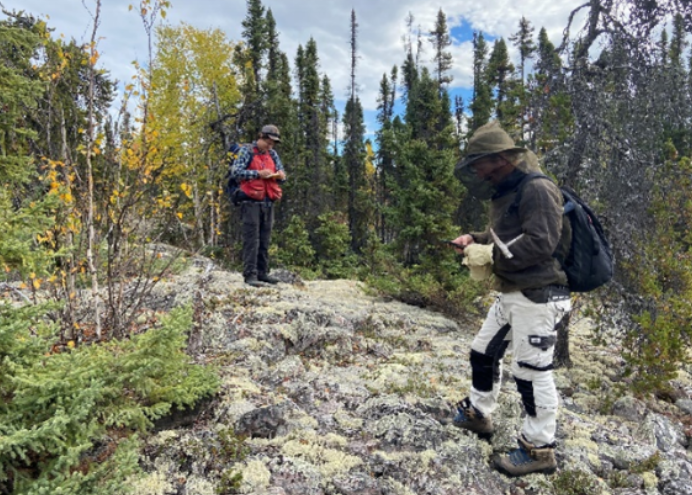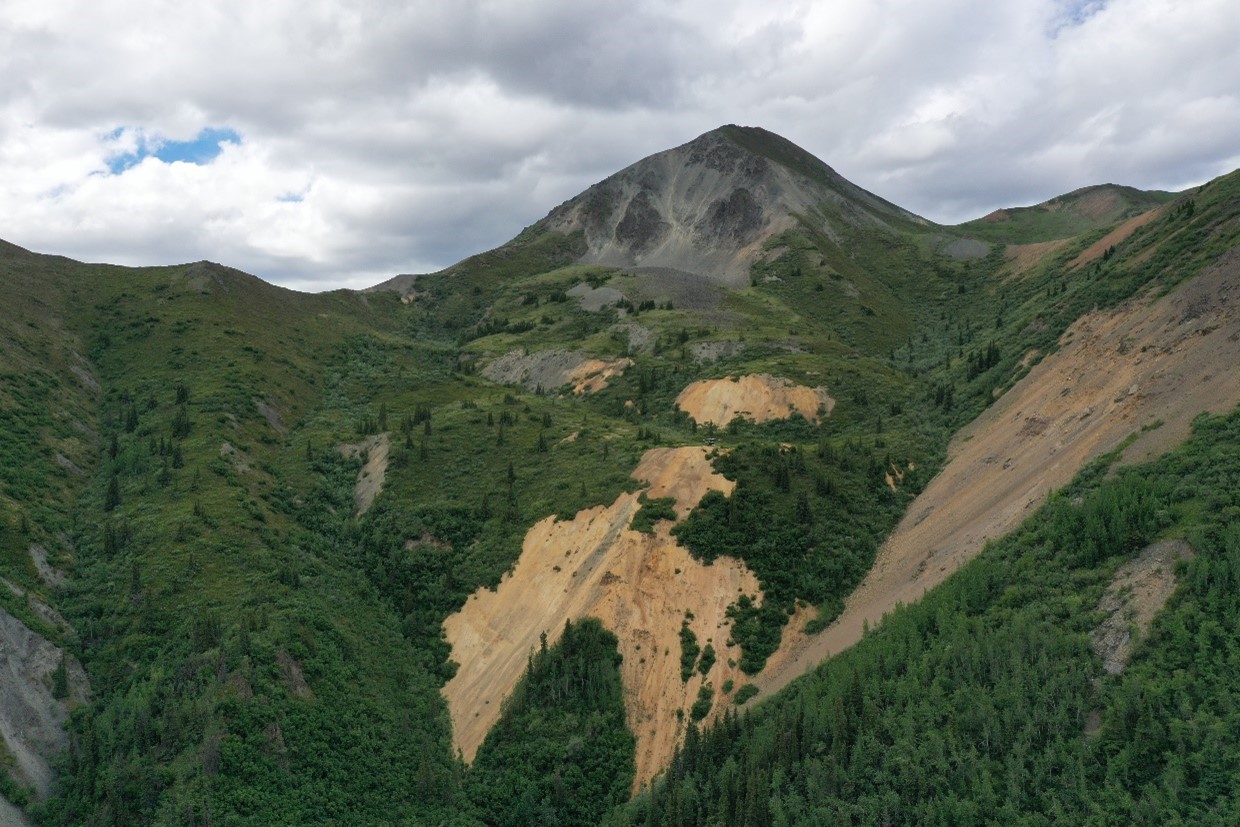IQALUIT: Hybridized electricity production that includes renewable energy is projected to be less expensive than business-as-usual in some northern communities.
At least that’s what researchers at the Waterloo Institute of Sustainable Energy have found. And that's in addition to the environmental benefits of reducing reliance on fossil-fuel-generated electricity.
These preliminary findings were recently shared at the Arctic Renewable Energy Summit in Iqaluit – co-hosted by the Federal Government, Government of Nunavut, Qulliq Energy Corporation and WWF-Canada.
The full study, commissioned by WWF-Canada, will be released in October.
A pre-feasibility study released earlier this year found that investment in a mix of renewable energy in remote northern communities could lead to significant reductions in diesel use and in diesel power-plant operations and maintenance costs. This feasibility study provides a deeper level of analysis, confirms those results and offers numbers on savings to be found.
Key findings for the Nunavut community of Sanikiluaq:
- Almost 50 per cent renewable energy penetration will lead to a 35 per cent reduction in diesel use and savings of close to $2-million over 10 years in overall costs (capital, operations and maintenance, fuel cost – upwards of 10 per cent of overall costs).
Key findings for the Nunavut community of Arviat:
- Close to 60 per cent renewable energy penetration will result in a cost reduction of approximately $2.5-million over 10 years (approx. 10 per cent savings, in terms of overall costs) and almost 40 per cent reduction in diesel use.
Other conclusions:
- In all communities, renewable energy deployment reduces diesel fuel consumption, a stated goal of the Canadian government.
- Wind power is the preferred renewable energy option for all communities.





Comments